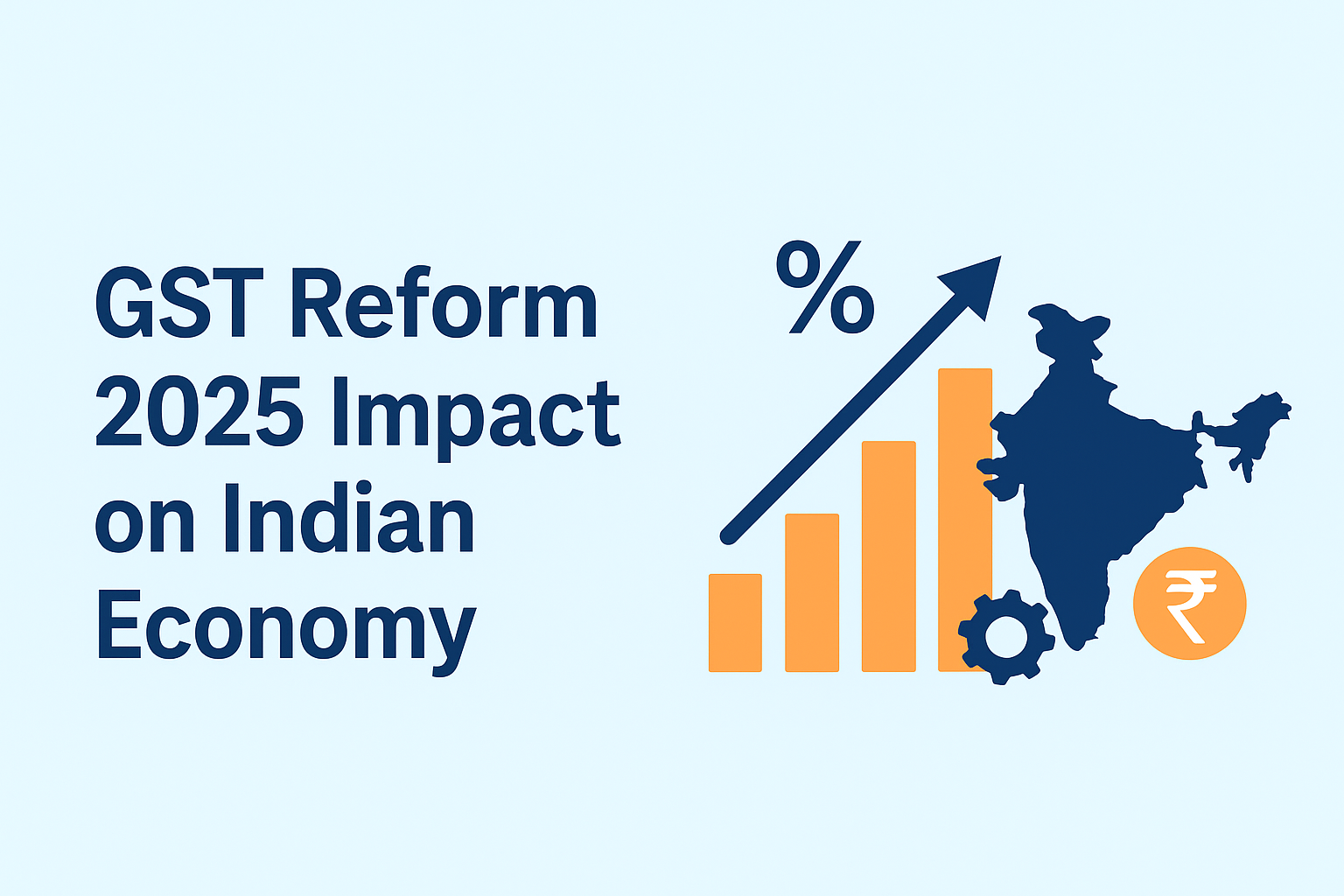In the modern digital era, the threat of cybercrime is greater than ever. Phishing, malware, ransomware, and social engineering are exploited by hackers against individuals and companies. The good news? With the necessary precautions, you can significantly reduce your risk. NextGenius empowers users with information and technologies to be secure on the internet. Below are the best methods of evading cyber attacks in 2025 and beyond.
1. Utilize Strong, Distinctive Passwords
Weak passwords are still one of the simplest portals for cybercriminals. To safeguard your accounts:
Develop long, complicated passwords comprising a combination of letters, numbers, and special characters.
Do not reuse the same password on numerous sites.
Utilize a password manager such as LastPass, Bitwarden, or 1Password to keep and create secure credentials.
A strong password is the initial defense against cyber attacks.
2. Turn On Two-Factor Authentication (2FA)
Even if your password is stolen by hackers, two-factor authentication (2FA) provides an additional layer of security. It asks for a second code (SMS, email, or authenticator app) to gain access to your account. Activating 2FA on your email, bank, and social media accounts makes it significantly more difficult for cyber attackers to gain entry
3. Update Your Devices
Old software tends to have flaws that hackers use. Always:
Update your operating system (Windows, macOS, Android, iOS).
Keep applications, add-ons, and browsers up to date.
Automatically update whenever possible.
Being up to date is one of the easiest ways not to fall victim to cyber attacks.
4. Avoid Phishing Emails & Links
Phishing is one of the most prevalent methods used by attackers. Cybercriminals deceive users into clicking on harmful links or disclosing sensitive information.
Verify the sender’s email address before clicking.
Look where a link goes by hovering over it.
Don’t download unfamiliar attachments.
If uncertain, don’t click.
5. Utilize a Trusted Antivirus & Firewall
A reputable antivirus product identifies and prevents threats from spreading. So does a firewall to keep an eye on incoming and outgoing traffic. Though built-in options such as Windows Defender are robust, more advanced antivirus software (such as Kaspersky, Bitdefender, or Norton) provides extra protection from ransomware and zero-day attacks.
6. Lock Down Your Wi-Fi Network
Unsecured Wi-Fi networks are favorites among hackers. Protecting yours:
Change the default router password.
Employ WPA3 encryption if supported.
Turn off remote management.
Make your SSID invisible (optional, for extra privacy).
Don’t use public Wi-Fi without a VPN (Virtual Private Network) to encrypt your internet connection.
7. Backup Your Data Periodically
Ransomware can leave you locked out of your files. Periodic backups prevent you from losing everything.
Employ cloud storage (Google Drive, OneDrive, Dropbox).
Maintain an offline backup on an external hard drive.
Automate backups on a weekly or daily basis, depending on your level of data sensitivity.
8. Be Cautious on Social Media
Personal information is usually obtained by hackers from social profiles to initiate attacks. To remain safe:
Avoid oversharing facts such as birthdays, addresses, or phone numbers.
Employ strong privacy settings.
Be wary of friend requests from strangers.
9. Educate Yourself and Your Team
Human mistake is one of the largest threats in cybersecurity. Companies particularly ought to.
Perform employee training on phishing awareness.
Develop a sharp cybersecurity policy.
Incentivize reporting of unusual emails or activity.
Insight is your best defense against assaults
10. Depend on Trusted Platforms Such as NextGenius
At NextGenius, we’re not just reporting on current news on technology — we also offer guides to the latest tech news, including cybersecurity advice and tools. Our goal is to make you one step ahead of the hackers by giving you insights, best practice, and breaking news in the cyber and tech world.
Summary Table: Top Ways to Avoid Cyber Attacks
Strong Passwords
Prevents brute-force and credential stuffing attacks.
Two-Factor Authentication
Prevents intrusions even if passwords are compromised.
Regular Updates
Fixes security bugs hackers use to break in.
Phishing Awareness
Prevents you from being victimized by email and link attacks.
Antivirus & Firewall
Blocks, detects, and quarantines malware.
Secure Wi-Fi
Thwarts network intrusion at home or office.
Data Backups
Guards against ransomware and inadvertent loss.
Social Media Caution
Prevents hackers from collecting sensitive personal information.
Cybersecurity Training
Lessens human error and enhances awareness.
Final Thoughts
Cyber attacks won’t get any less sophisticated as technology becomes more innovative. But with good digital hygiene, knowledge, and regular safety habits, you can safeguard yourself, your information, and your enterprise. Don’t forget, online safety isn’t about technology — it’s about behavior.
Stay alert, stay aware, and stay tuned to NextGenius for the newest tech news and cybersecurity information that concern you most.




Amazing information
Pingback: Quantum Computing in 2025: Everyday Tech Impact